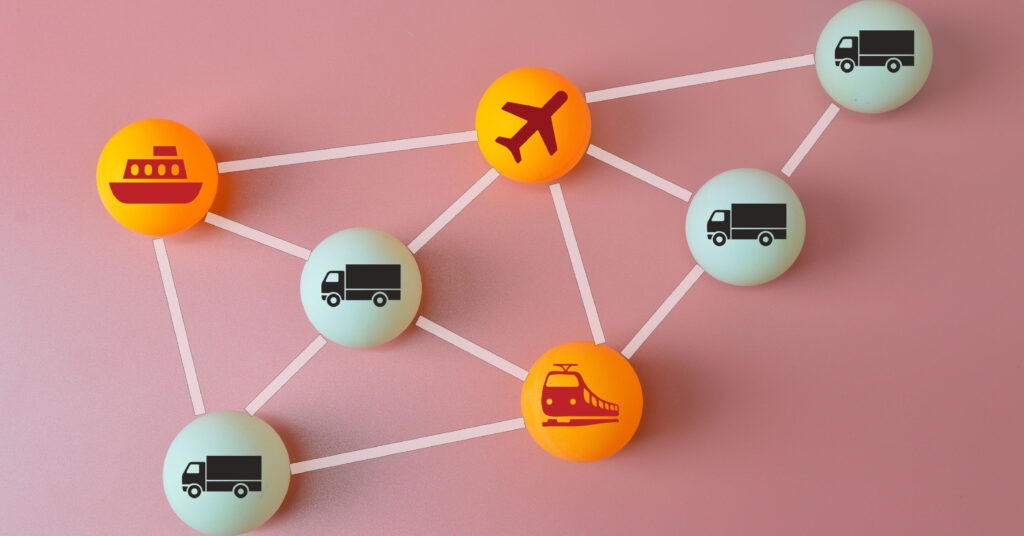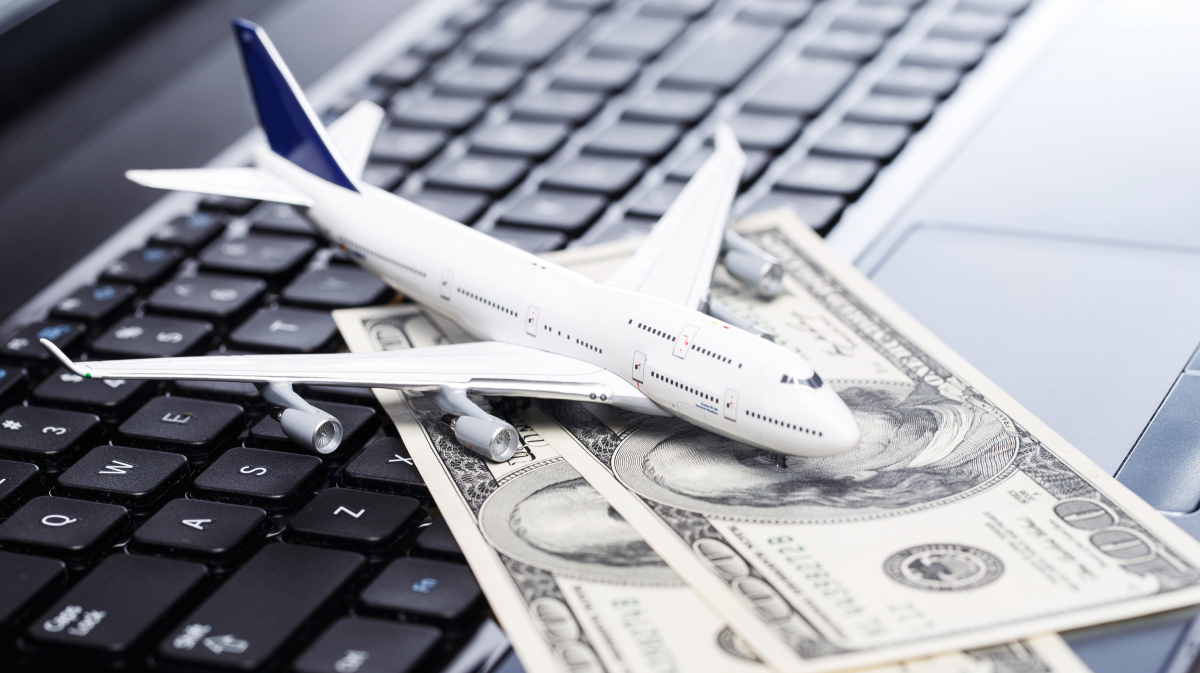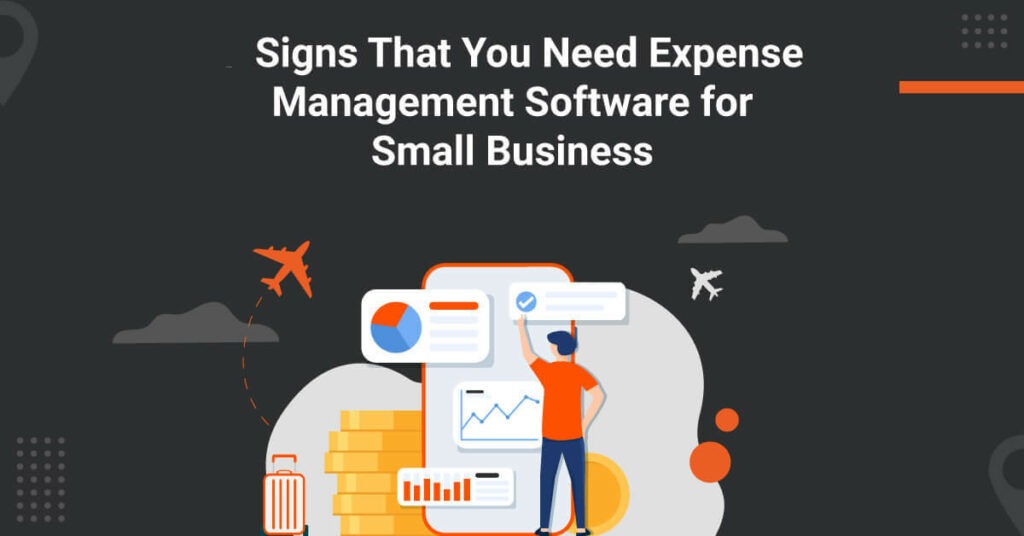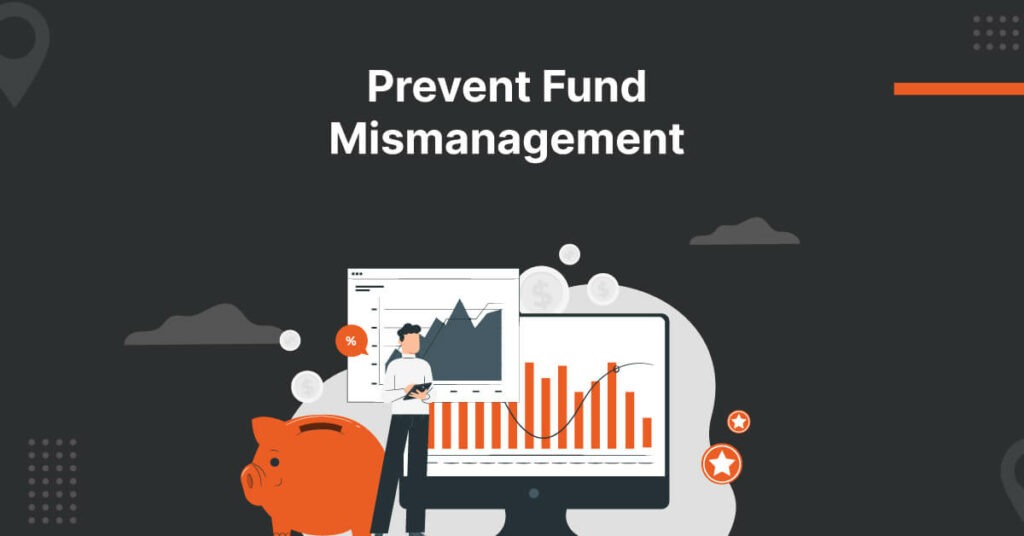
Business travel is big business, with U.S. business travelers spending over $300 billion annually on domestic business trips alone. With rapidly changing costs, fluctuating exchange rates, and businesses operating on an increasingly global scale, getting a handle on travel spend data is more critical than ever for export-import companies.
Yet many companies must utilize and analyse travel expenses to their full potential. Challenges like disparate systems, limited visibility, and lack of expertise create barriers to gaining actionable insights from travel expenses. Analyzing past travel expenses can reveal significant cost savings and opportunities for process improvement. Tracking current travel spend enables companies to control expenses and ensure compliance with travel policies.
However, many companies struggle to utilize and analyze travel spends to their full potential due to challenges such as disparate systems, limited visibility, and lack of expertise. This blog explores the best business practices to analyze travel spend data, from expense tracking to uncovering trends and cost reduction opportunities. Read on to learn how export-import companies can analyse travel spend data to gain a competitive edge.
Overview of Business Travel Spends
Business travel spending involves the costs associated with employees traveling for work-related purposes. This includes airfare, lodging, meals, local transportation, and other trip-related expenses. Recent research shows businesses spend over $1.4 trillion annually on business travel worldwide.
Specific industries tend to have much higher business travel expenditures than others. Management consulting firms, computer software companies, accounting services, pharmaceuticals, and financial services lead in business travel spending. Employees in these sectors frequently travel to serve clients, attend conferences and events, meet with partners, and conduct site visits. As a result, these industries spend upwards of $20,000 per employee annually on business travel.
Factors Influencing Travel Spends
Business travel spend varies significantly based on these vital factors:
What’s the Company Size?
Larger companies typically have higher overall travel spends. More employees traveling leads to more bookings and higher costs. However, smaller companies may pay more per employee if they require more travel for sales, service delivery, etc.
Which Industry?
Some industries, like consulting, software, and financial services, rely heavily on business travel to serve clients and customers. The requirements differ significantly across sectors based on business models. Industries, where onsite work is critical have much higher travel expenses than those able to serve customers remotely.
What are Employee Roles and Seniority?
More seasoned and senior professionals travel more frequently as part of client engagements, leadership team meetings, conferences, and project oversight.
Where’s the Destination?
Traveling to domestic destinations is generally less costly than international trips. Long-haul flights and stays in high-cost cities or regions can significantly increase spends. The location of a company’s clients, offices, and projects significantly impacts budgets.
Why should you Track and Manage Expenses?
It is important to analyse travel spends data by having robust systems to track and manage expenses. With business travel becoming increasingly complex, organizations need digital tools and centralized processes to gain visibility and control.
What are the Digital Tools?
Many companies are digitizing the process by adopting online booking platforms, expense reporting software, and corporate card programs. This makes capturing detailed transaction data across the organization more accessible in one place.
What’s the Use of Corporate Cards?
Issuing corporate credit cards to traveling employees helps consolidate expenses on a single bill tied to the company. Corporate cards build an auditable spend record that feeds into the central reporting system.
Why you should Centralize Data?
With centralized reporting, companies get a cohesive view of spending across units and staff. Finance teams should take charge of aggregating details from all sources into a unified data repository. This gives access to the full picture – from projected to actual costs, detailed transactions, and reconciliation.
Benefits of Analyzing Spend Data
Once we do travel spend analysis, it provides many benefits for export-import companies looking to optimize costs and create effective policies.
7 key benefits of business travel spend data analysis comprise of:
- Budgeting and Forecasting– Analyzing historical spend data allows companies to budget for future travel expenses accurately.
- Cost Cutting – Granular spend analysis reveals opportunities for savings. Companies can identify overused vendors, overspending on certain expense types, or underutilized discount programs.
- Policy Creation – Spend analysis informs the development of efficient travel policies around the class of service, accommodations, rental cars, meals, and other expenses.
- Vendor Negotiation– Travel managers can leverage spend data to negotiate better rates, discounts, and vendor agreements.
- Tighter Spend Control – Ongoing monitoring of spend data allows earlier intervention on budget overages, identification of waste, and better enforcement of policies.
- Improved Compliance– Analysis of spend data helps refine policy to boost compliance.
- More Strategic Spending – Spend analytics ultimately enables a more strategic allocation of travel dollars.
Final Thoughts
Companies that wish to gain a competitive edge should pay close attention to how they manage business travel expenses. As we have seen, travel spend analysis allows organizations to identify unnecessary expenses, implement cost-saving measures, and streamline booking and expense management. By leveraging travel spend analytics, companies can significantly cut T&E costs while improving the traveler experience.
While analyzing and managing travel expenses may seem daunting initially, solutions like itilite provide an automated platform that simplifies the entire process. Itilite centralizes travel booking, optimizes spend policies, enforces compliance, and generates actionable insights from data. With streamlined end-to-end corporate travel management, companies can control costs, enforce policy compliance, and maximize ROI.
In summary, a data-driven approach to business travel enables organizations to reduce expenses, improve efficiency, and drive strategy. Companies that need to pay more attention to travel spend data avoids the risk of bleeding money through excessive and unnecessary costs. Businesses can gain quantifiable savings and competitive advantage by prioritizing travel spend optimization backed by a SaaS company called itilite.
Book a 30-minute demo to delve into the possibilities.













